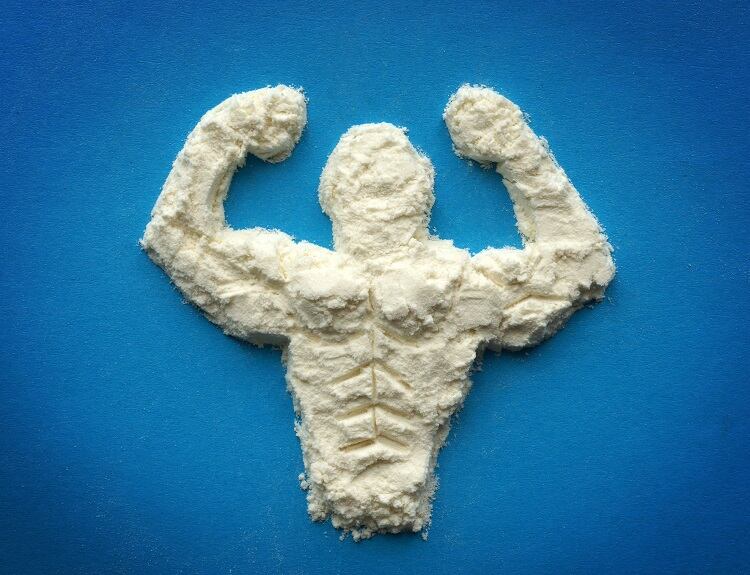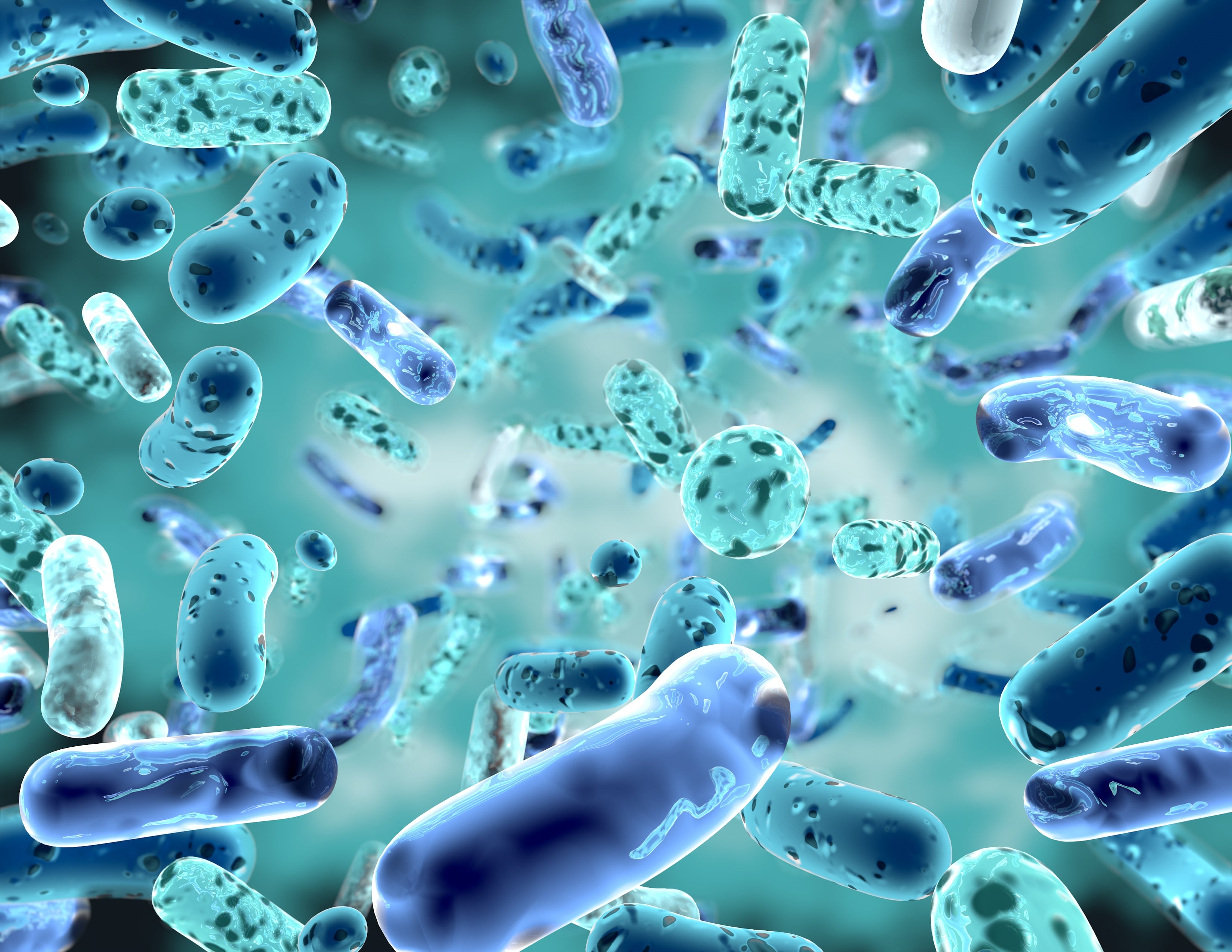Data published in Sports also indicated that the co-ingestion of the protease blend and whey protein led to higher levels of branch-chain amino acids (BCAA) and essential amino acids (EAA) at 30 and 180 minutes.
“The results of this study suggest that the addition of a proprietary protease enzyme blend to whey protein results in an earlier and more pronounced aminoacidemia in resistance trained males compared to a control drink, while whey was no different than control at this time point (30 min),” wrote scientists from Lipscomb University, Colorado State University, and Kennesaw State University.
Prohydrolase
The study used the Prohydrolase protease enzyme blend from Deerland Enzymes (Kennesaw, GA), and the company funded the study.
Commenting on the new study, Dr. John Deaton, Deerland’s VP of science and technology, said: “The enzyme blend potentiates the powder’s ability to protect and improve muscle structure, especially after vigorous workouts. Without ProHydolase, whey or other protein powders may not be optimally used by the body.
“More people are becoming active and using protein powders, whey or plant-based, in the singular attempt to feed their muscles. ProHydrolase is, without a doubt, a potent and perfect protein partner.”
Study details
Ten resistance-trained men were recruited to participate in the double-blind study. All of the men completed four sets of 8–10 repetitions in the leg press and leg extension exercises, and then they consumed 250 mg of Prohydrolase + 26 grams of whey protein, or 26 grams of whey protein alone, or a non-nutritive control. Blood samples and muscle biopsies were taken at specific time intervals post-exercise.
The results showed that, while there were no significant differences between the combination group and the whey protein only group for overall plasma levels of leucine, BCAAs and EAAs, there was a quicker uptake noted in the combination group, compared to whey only. Specifically, 30 minutes post-exercise the combination group displayed significant increases in leucine (33% increase), all BCAAs (32%), and essential amino acids (29%), compared to those in the whey protein alone group. These remained elevated at 180 minutes post-ingestion.
“Although there were no differences in AUC [area under the curve] between protein supplemented groups, quicker uptake in leucine, BCAA, and EAA may indicate improved digestion and absorption during this initial window following ingestion,” wrote the researchers. “Though outside the scope of this study, a practical application of protease supplementation may be for improving pre- or peri-workout protein digestion, thus, athletes may benefit from future investigations concerning timing of protease supplementation with whey or other protein blends.”
There were also no differences observed between the combination group and the whey only group for a range of anabolic signaling proteins, including AKT, mTOR, p70S6K, JNK, ERK 1/2, p38, and NFKB.
“Future work investigating protease supplementation with other protein types (e.g., casein, pea, soy), which are limited by digestion and absorption in comparison to whey, would provide additional insight to athletes as to the practical benefit of protease supplementation,” concluded the researchers.
Source: Sports
2020, 8(2), 13; doi: 10.3390/sports8020013
“The Effect of ProHydrolase on the Amino Acid and Intramuscular Anabolic Signaling Response to Resistance Exercise in Trained Males”
Authors: J.R. Townsend et al.





